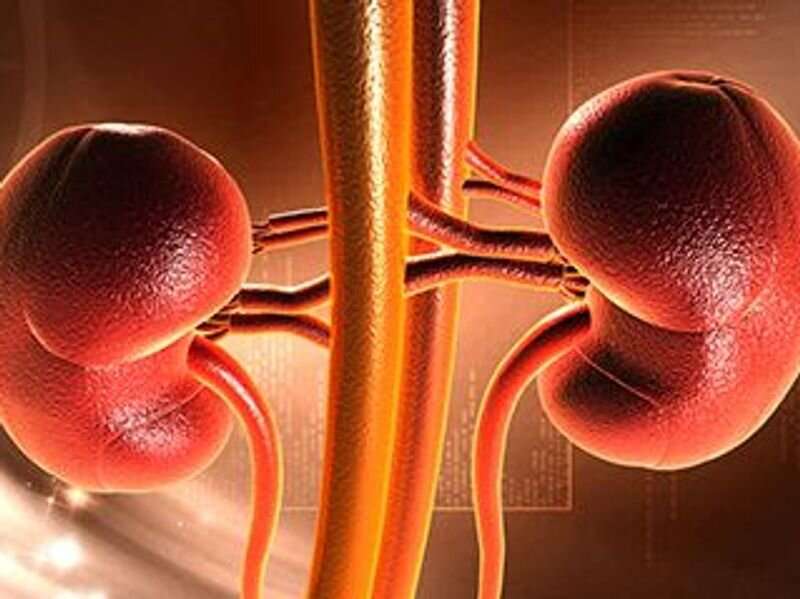
(HealthDay)—Vadadustat met the noninferiority criteria for cardiovascular safety versus darbepoetin alfa among patients with dialysis-dependent chronic kidney disease (DD-CKD), but not those with non-DD-CKD (NDD-CKD), according to two studies published in the April 29 issue of the New England Journal of Medicine.
Glenn M. Chertow, M.D., M.P.H., from the Stanford University School of Medicine in Palo Alto, California, and colleagues conducted two phase 3 trials to compare vadadustat with the erythropoiesis-stimulating agent (ESA) darbepoetin alfa in patients with NDD-CKD not previously treated with an ESA (1,751 patients) and in patients with ESA-treated NDD-CKD (1,725 patients); 1,739 received vadadustat and 1,732 received darbepoetin alfa. The researchers found that in the pooled analysis, the hazard ratio for a first major adverse cardiovascular event (MACE) was 1.17 (95 percent confidence interval, 1.01 to 1.36), which did not meet the prespecified noninferiority margin of 1.25. The mean between-group differences in the change in the hemoglobin concentration at weeks 24 through 36 was 0.05 and −0.01 g/dL among ESA-untreated and ESA-treated patients, respectively, which met the prespecified noninferiority margin.
Kai-Uwe Eckardt, M.D., from Charité-Universitätsmedizin Berlin, and colleagues conducted two randomized trials to assess the safety and efficacy of vadadustat versus darbepoetin alfa in patients with anemia and incident or prevalent DD-CKD. Overall, 3,923 patients were randomly assigned to vadadustat or darbepoetin alfa: 369 in the incident DD-CKD trial and 3,554 in the prevalent DD-CKD trial. The researchers found that a first MACE occurred in 18.2 and 19.3 percent of patients in the vadadustat and darbepoetin alfa groups, respectively (hazard ratio, 0.96; 95 percent confidence interval, 0.83 to 1.11). The mean between-group differences in the change in hemoglobin concentration were −0.31 and −0.07 g/dL at weeks 24 to 36 and 40 to 52, respectively, in the incident DD-CKD group, and −0.17 and −0.18 g/dL, respectively, in the prevalent DD-CKD trial.
“The data are convincing that vadadustat is effective in increasing hemoglobin concentrations in both dialysis-dependent and non-dialysis-dependent populations but are less convincing with respect to safety,” write the authors of an accompanying editorial.
Source: Read Full Article
